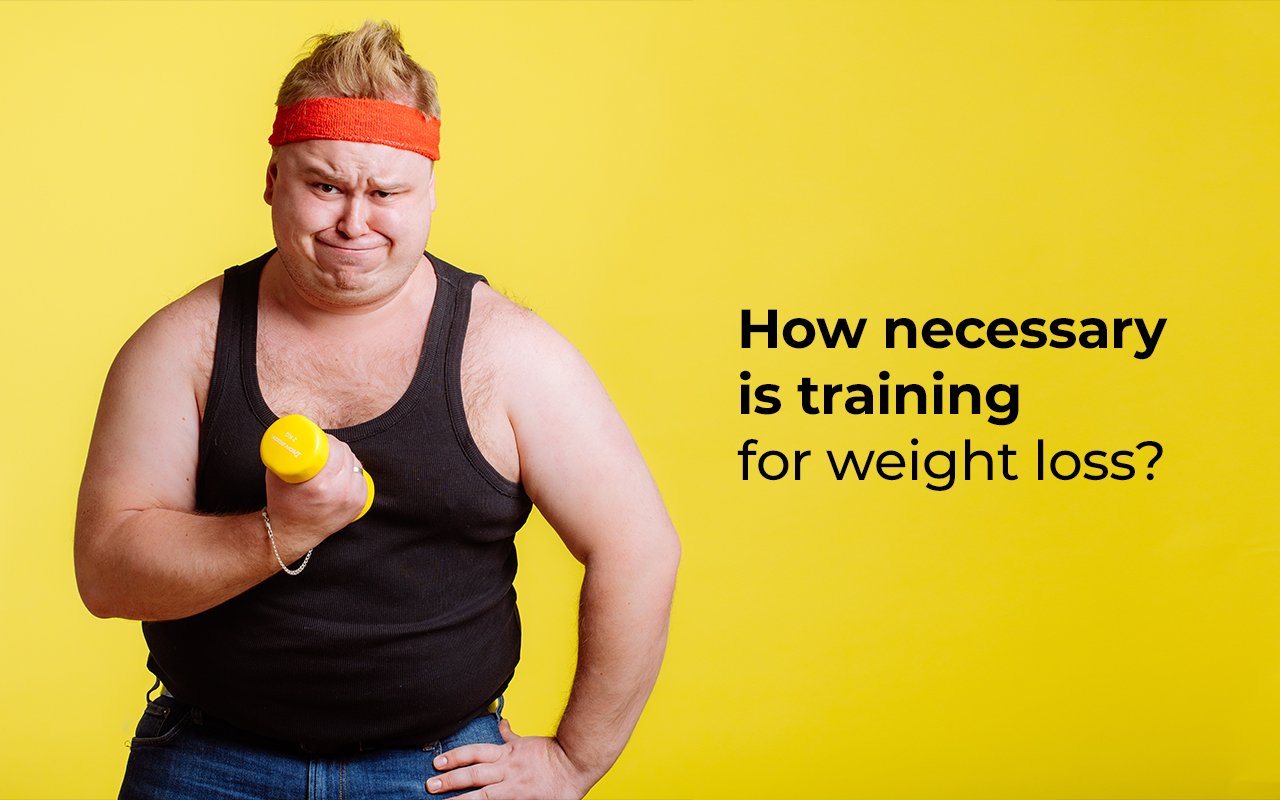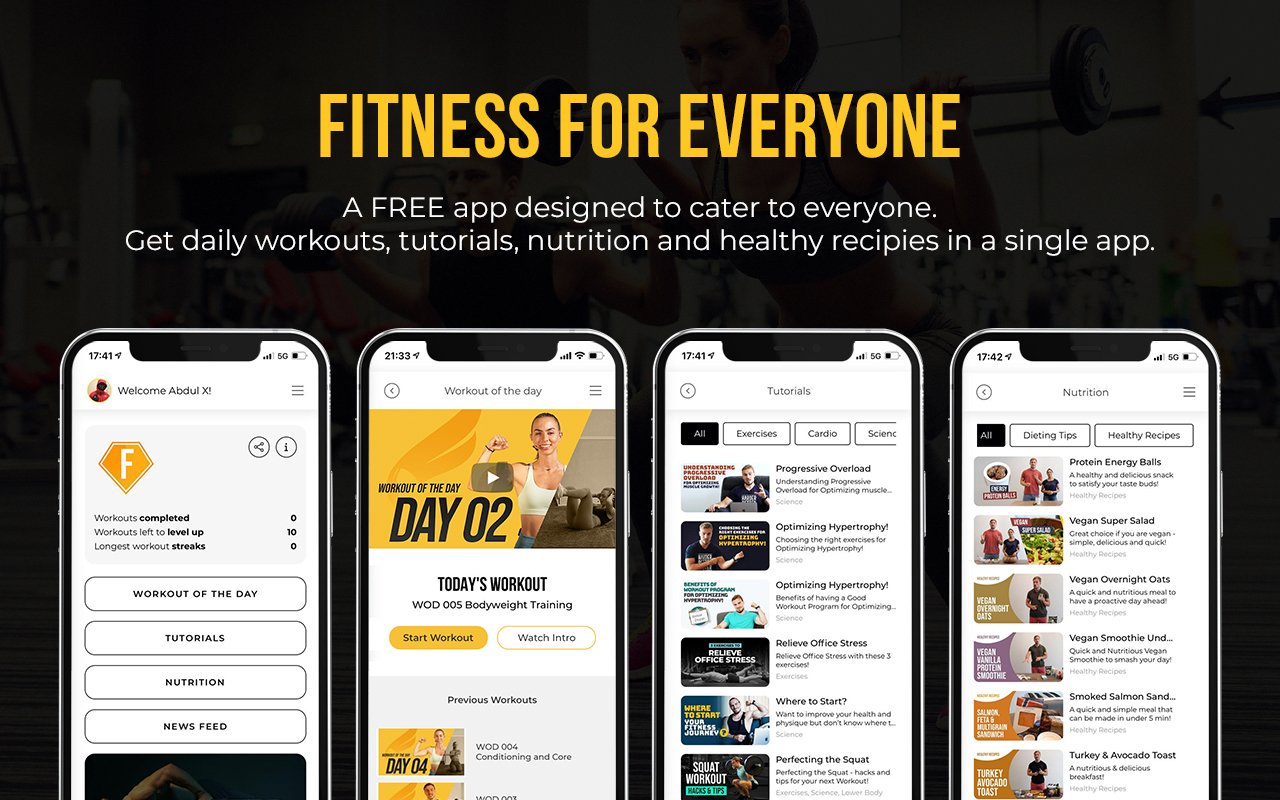How to Lose Weight Fast? A comprehensive guide by Personal Trainer Milos!
There is a lot of information on the internet about how to lose weight fast. Unfortunately, much of it is inaccurate or incomplete. This blog post will provide a comprehensive guide to losing weight quickly and safely. I will start by explaining the science behind weight loss and then discuss how to calculate your metabolic rate and track your calories. Finally, I will recommend macronutrient intake and provide a scientific guide to sustainable weight loss. If you are looking to lose weight quickly but safely, be sure to read this blog post!
What is required for you to start losing weight?
For weight loss to occur, a person must be in a calorie deficit. A calorie deficit is when you consume fewer calories than your body uses daily. The most common suggestion is to create a 500-calorie deficit each day to lose one pound (0.45 kg) of weight per week. That can be done by eating fewer calories and burning more calories through exercise.
What is required to lose 10 kilograms in 10 weeks?
To lose 10 kilograms in 10 weeks, a person would need to be in a calorie deficit of approximately 1000 calories per day. That would result in a weight loss of about two pounds (0.91 kg) per week. Creating such a large calorie deficit may not be sustainable for most people and could lead to problems such as fatigue, hunger, and irritability. It is generally recommended that people seeking to lose weight should aim for a more moderate rate of weight loss.
Are you looking for a nutrition coach to help you lose weight the right way?
Would you want someone to provide you with the education and tools to know that you are on the right track from week 1 of your journey towards achieving your desired weight? Would you want someone to be there daily and hold you accountable to stay on track even in difficult moments? If you answered any of the questions above YES, please check our nutrition coaching page and book your FREE consultation today!
How do I know how many calories I need to lose weight?
To determine how many calories you need to lose weight, you must first calculate your basal metabolic rate (BMR). Your BMR is the number of calories your body burns at rest and is influenced by factors such as age, weight, gender, and amount of lean muscle mass. Once you know your BMR, you can determine how many calories you need to consume daily to lose weight.
To calculate your BMR, you can use the following equations:
Once you know your BMR, you can determine how many calories you need to consume daily to lose weight.
What about metabolic adaptations?
Metabolic adaptation is when your body adjusts to a lower calorie intake by burning fewer calories. The more severe the caloric restriction is, the faster the metabolic adaptations occur. That can make weight loss more complex and can lead to weight regain. Losing weight at a moderate rate is essential to minimize metabolic adaptations. Including reverse dieting, every 10-12 weeks or taking a break from dieting for a few weeks will also help to keep your metabolism high and prevent weight loss from slowing down or halting altogether.
How necessary is training for weight loss?
Adding in training during your weight loss journey is recommended to preserve lean muscle mass and increase your daily calorie expenditure. When you lose weight, you will lose both fat and muscle if you do not exercise. That is why you must include some resistance training in your program. Doing so will help preserve your muscle mass, and you might even be able to build some muscle while you are in a caloric deficit.
Does exercise prevent metabolic adaptations during a prolonged calorie restriction?
The science is mixed on this one. Some studies show that exercise can help prevent metabolic adaptations during a prolonged calorie restriction, while others show that it does not. The main benefit is likely the preservation of FFM (fat-free mass) and a slight increase in BMR if the subject grows muscle during the dieting phase.
Do people with more muscle and less fat have a higher BMR?
The difference in BMR between two people of the same weight and height can be as much as 300-400 calories per day. The variation is due to many physiological processes, including the amount of muscle and fat a person has. People with more muscle mass and less fat have a higher BMR because muscle is more metabolically active than fat.
One pound of muscle burns approximately six calories per day, while one pound of fat burns only two calories per day. That means a person with more muscle will burn more calories at rest than someone with the same weight and height but with less muscle.
Do macronutrients matter for weight loss?
If your goal is to lose weight, you need to be in a calorie deficit, and it does not matter what macronutrients (fat, protein, carbohydrates) you eat.
You must focus on your macronutrient intake to lose weight and look good. That is because different macronutrients affect hunger, satiety, metabolism, and your ability to preserve lean mass.
For example, protein is the most filling macronutrient and can help you feel satisfied after meals. It also helps preserve lean muscle mass during weight loss. The more you restrict your calories, the higher your protein intake should be for preserving muscle.
Carbohydrates are also an essential macronutrient as they represent fuel for your body, especially for high-intensity exercise. When trying to lose weight, it is essential to choose complex carbohydrates such as oats, quinoa, sweet potatoes, and brown rice over simple carbs such as candy, cookies, and cake. That is because complex carbs are slowly digested and can help stabilize blood sugar levels. Processed foods are usually calorie dense and nutrient-poor, so they should be avoided when trying to lose weight.
Fats are the most calorie-dense macronutrient, so if you are trying to lose weight, you must be careful with your fat intake. That does not mean that you need to avoid fats! Healthy fats help to regulate hormones and increase satiety.
General recommendations for macronutrients:
Protein 1.8-2.2gm per kilogram of bodyweight
Fats 0.6-1gm per kilogram of bodyweight
Carbs to fill up the remainder of calories
I would advise low carb, keto-style diets only in cases when the individual might personally prefer it, might be diabetic, or have severe insulin resistance. However, I also believe that in diabetes and insulin resistance cases, you can still incorporate carbs into your diet, improve blood sugar metabolism, and reach your goals.
How does a good night's sleep affect weight loss?
Perhaps the main problem of the modern human is lack of sleep! But if you only knew the consequence of poor sleep on your health and waistline.
First, when you don't get enough sleep, the level of ghrelin (the hunger hormone) rises, and the level of leptin (the satiety hormone) decreases. As a result, you feel hungrier and eat more. Secondly, poor sleep leads to an increase in cortisol (the stress hormone). Cortisol signals your body to store fat, especially in the abdominal area.
So, if you are serious about losing weight, you must get enough sleep! The recommended amount of sleep for adults is seven to eight hours per night.
You can improve the quality of your sleep by:
Establishing a regular sleep schedule
Creating a calming bedtime routine
Exercising during the day
Avoiding caffeine and alcohol before bedtime
Keeping your bedroom cool, dark, and quiet
Supplements that can improve the quality of sleep:
5HTP
Gaba
Magnesium
Zinc
Do I have to count calories to ensure weight loss success?
Some people promote mindful eating instead of a more strict calorie counting approach, which might work in some cases. However, calorie counting is more effective when people have specific goals they want to achieve, like a weight loss goal. You can still focus on mindful eating but within your caloric target.
Especially, in this case, women who are often petit and can easily reach excess calories by making minor mistakes or miscalculations. Imagine when you are on a 1200-calorie diet; you need to nail it if you want your weight loss efforts to give the desired results.
Foods to focus on and foods to avoid if you want to lose weight fast!
Foods to focus on:
white fish
chicken breast
lean red meat
egg whites (always have at least one full egg)
potatoes
rice
quinoa
whole grains
vegetables
high fiber fruits (berries, for example)
Foods to avoid:
fruit juice
refined carbohydrates rich in trans-fats like cookies, ice cream, and cakes
junk food (burgers, pizzas, etc.)
highly processed calorie-dense and nutrient-poor foods like croissants and white bread
pasta if on very low calories (petit women)
sodas (replace with diet soda)
alcohol
Important note: "foods to avoid" does not mean you should never have them if they can fit your calories. However, the more foods you have from that list, the more you will deprive your body of what it needs to feel satisfied and get all the nutrients it needs to push through an already challenging hypocaloric environment.
How do you prevent weight gain after a successful weight loss journey?
The more extreme the journey, the higher the chances that you will slow down your metabolic rate drastically, resulting in weight gain if you are not careful with how you eat during a post-dieting phase.
You can avoid weight gain with a good weight management protocol! That is why I always advise modest weight loss of 200-300gm per week.
This protocol would consist of 4 weeks of reverse dieting where you would increase your calories every week while at the same time slightly increasing your activity level. Add one extra workout per week or increase your daily step count to counter the fact that you increased your caloric intake. Within 4-6 weeks, you would have balanced out and ensured that you stay on a set weight.
Can I get results and achieve a healthy weight on my own?
The FREE Way that will help you lose weight successfully!
If you want to start today alone, then do the following steps:
Calculate basal metabolic rate - links in the above section
Create a 300-500 calorie deficit
Use apps to track your food intake - MyFitnessPal, Fat Secret
Download a Free Workout App - Fortius Fit
Track your weight loss, and recalculate your BMR with your new measurements if it slows down or stops after 6-7 weeks.
After 12-14 weeks, do a 4-week reverse diet by increasing calories until you reach your new maintenance calories.
Repeat the cycle if needed
Fortius Fit FREE Workout App
Train with Dubai's leading personal trainers! Start today and get access to free daily workouts, exercise tutorials, and healthy recipes!
Get your FREE app here!
Conclusion
In order to lose weight fast, it is essential to focus on the right foods and avoid eating foods that will hamper your weight loss efforts. You can still enjoy whole grains, vegetables, and fruits but should avoid high-calorie junk food and beverages. It is also essential to exercise regularly and maintain a healthy lifestyle to keep the weight off once lost. If you need expert help with your weight loss journey, our personal trainers and nutrition coaches at Fortius Dubai are here to assist you every step. To find out more about our services, check out the links below! Thanks for reading!
Stay Strong #BeFortius
Additional related resources:
Success Stories: Success Stories
Services: Fortius Dubai Personal Training
Services: Nutrition Coaching
Our FREE Fitness App: FREE Fitness App by Fortius



